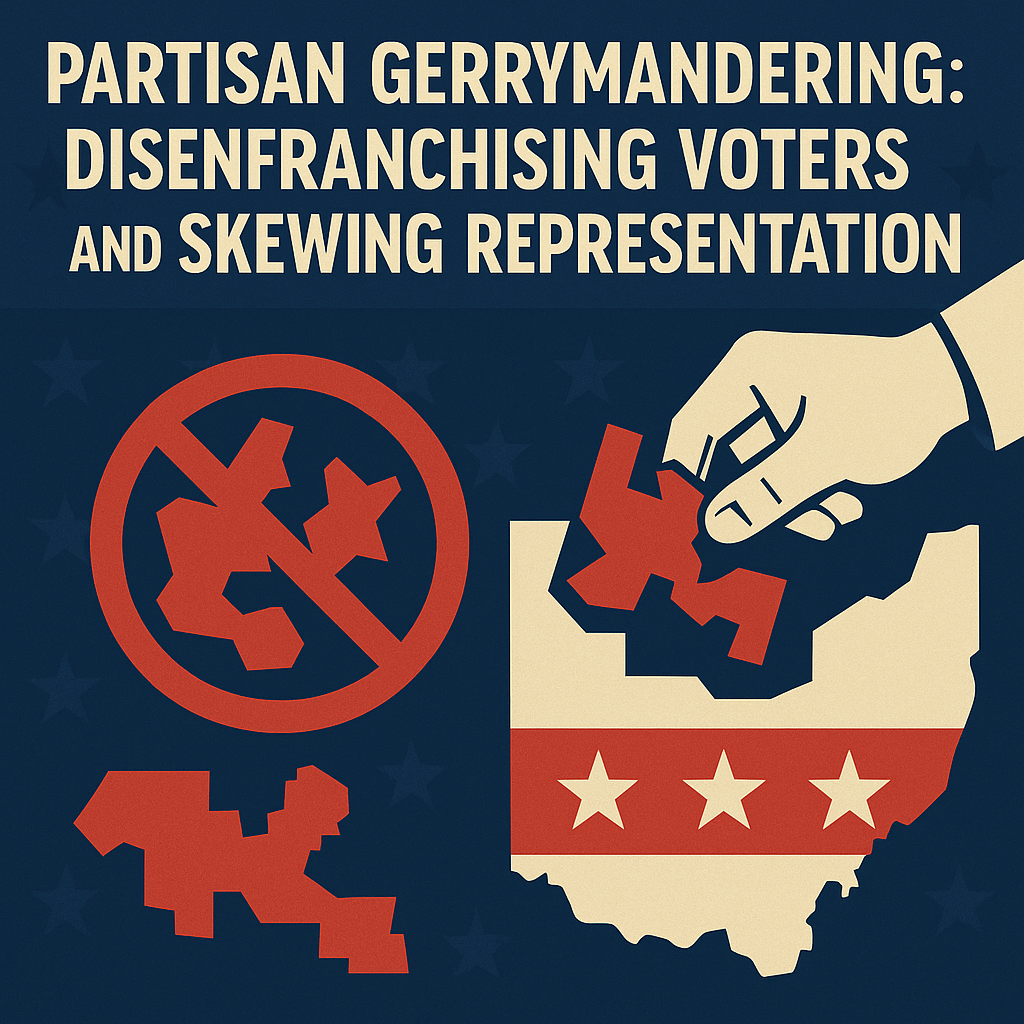
The Tit-for-Tat Political Weaponization of the American Legal System
TL/DR:
The American legal system is increasingly being used as a political weapon by both Democrats and Republicans in a "tit-for-tat" manner.
Accusations from both sides, while sometimes valid, often do more harm to the legal system's integrity than good.
This pattern poses a danger of democratic erosion, necessitating active citizen participation to prevent authoritarian tendencies and ensure neither party unfairly leverages legal control against the opposition.

Its True! A Double Standard Exists in The American Judicial System
TL/DR:
The American judicial system is often criticized for having a double standard, with some arguing it's based on political ideology.
Conservative commentators cite cases like Michael Flynn, Roger Stone, and Dinesh D’Souza as examples of politically motivated targeting, though evidence suggests otherwise.
The more apparent and documented double standard in the American judicial system is based on race and socio-economic status, as illustrated by cases like the Central Park Five and the disproportionate incarceration rates among different racial and economic groups.

Partisan Gerrymandering: Disenfranchising Voters and Skewing Representation
TL/DR
Partisan gerrymandering, particularly by Republicans since 2010, has significantly skewed congressional representation, as evidenced by a net benefit of 16-17 seats.
A case study in North Carolina highlights how gerrymandering can disenfranchise voters, with a recent court ruling potentially increasing Republican House seats from 8 to 11 despite Democrats outnumbering registered Republicans.
Nationwide, partisan gerrymandering has led to a congressional composition (e.g., 51% Republican in the House) that does not align with the actual voter population by party affiliation, posing a threat to American democracy and voter trust.

The Threat of Voter Suppression Tactics Disguised as Fraud Prevention to US Elections
TL/DR
Efforts by some Republicans to enact laws aimed at preventing voter fraud are largely unsubstantiated by statistical evidence and may suppress voter turnout, especially among minority groups.
Strict voter ID laws have been shown to widen the turnout gap between white and minority voters, and despite claims of widespread fraud, the incidence of voter fraud, particularly with mail-in ballots, is minuscule.
Restrictions on voting methods like mail-in voting, despite being framed as fraud prevention, disproportionately affect certain demographic groups and threaten the fundamental right to vote, underscoring the need for policies that ensure equal access to the ballot.

Loaded Questions: The Complexities of Gun Control and Mental Health in America
TL/DR
Gun violence is a significant public health crisis in the U.S., with varying opinions on gun control measures.
While gun control proponents advocate for regulations like background checks and waiting periods, opponents cite the Second Amendment's "shall not be infringed" clause.
Despite popular belief, mental health issues are not a major contributing factor to gun violence, and overemphasizing them in gun purchase screenings could lead to negative consequences like stigmatization and avoidance of treatment.
